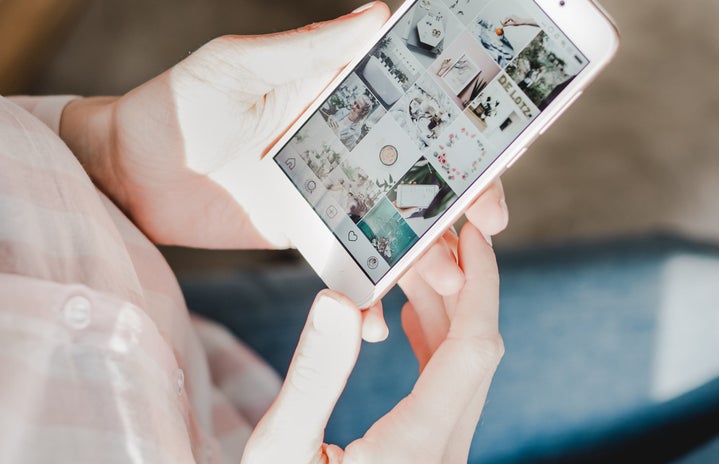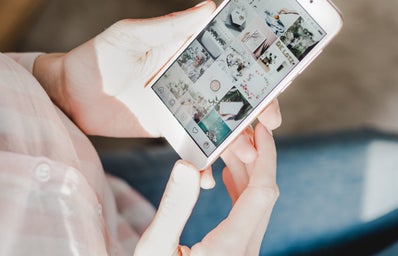Spending a lot of time on our phones is bad for our physical and mental health, but you knew that already. So, how can we go about fixing this problem and limiting our phone use? Sometimes, the issue is simply not knowing alternative ways to use our time or thinking that getting off our phone is too difficult. With that, here are 15 ways to limit checking your phone or help you get off your phone entirely.
- Turn off notifications
-
There are certain apps, such as social media platforms, that would be beneficial to stop receiving notifications from. Simply turn off or limit notifications for apps that you use often and even for those you don’t use as often. This can help reduce your digital clutter.
- Put your phone in a different room
-
This will reduce your likelihood of checking it. You might also forget that you no longer have it in your room and forget about checking it (so we hope).
- Set alarms
-
This is a good way to better gauge how often you check your phone and stay on it. Start by setting a timer for every 15 minutes, then steadily increase that. When the timer goes off, you can check your phone… but only for a maximum of five minutes. Although it sounds daunting and pretty difficult to do, it will help reduce your “response-anxiety” and get you more acquainted with being off your phone.
- Delete time-sucking apps
-
Just like your ex, these apps don’t need to be in your life.
- Turn on grayscale
-
If your screen has no color and is only gray, it isn’t pleasant to look at. Nature is prettier to admire, instead.
- Make plans with friends & turn your phone off when you’re with them
-
We might find this to be a self-explanatory reason, but hanging out with friends—and making sure your phone is away or turned off—will drastically increase your mood and sense of belonging. You will also build stronger friendships.
- Work out
-
Take an extended break from your phone by doing your body good. Physical exercise has plenty of benefits, as you may well know, but this gives you another reason to put your phone away.
- Explore nature
-
Weather permitting, go kayaking, paddle boarding or even just a walk around your neighborhood. This will instantly boost your mood.
- Learn a new skill
-
Texting really fast without looking is not a skill. Learning Microsoft Excel is.
- Make art
-
Get creative and make something new. This can include experimenting with photography, painting, illustrating or graphic design.
- Plan a trip
-
I’m not saying to drop all your hard-earned money into a random vacation (although you can do that, if you wish). Explore the city around you without having to take a flight. There are so many beautiful places to explore.
- Go old-school
-
Write notes, thoughts or ideas down on a piece of paper. You can always take a picture or scan them later, but it helps to write them. This will increase retention and make you more susceptible to following through. Also, you won’t get distracted on your phone while opening your Notes app and possibly forgetting that wonderful idea.
- Try a social media cleanse
-
I did one of these and life simply got better. Check out the article here.
- Make new routines
-
We are creatures of habit. Start making habits of not checking your phone at certain times or staying off it for extended periods of time. You’ll eventually get used to it.
- Change your mindset
-
Don’t think of your phone as an extension of yourself, but rather as a tool that can occasionally help you. Limiting the power your phone holds over you can be done by changing how you think of your phone and reassigning importance to other, more meaningful things in your life.
I hope you found these ideas beneficial. You don’t have to follow every single one, but taking some of these ideas into consideration will improve your overall well-being and limit your phone usage.



